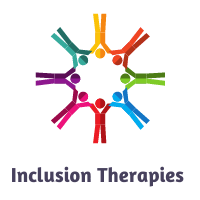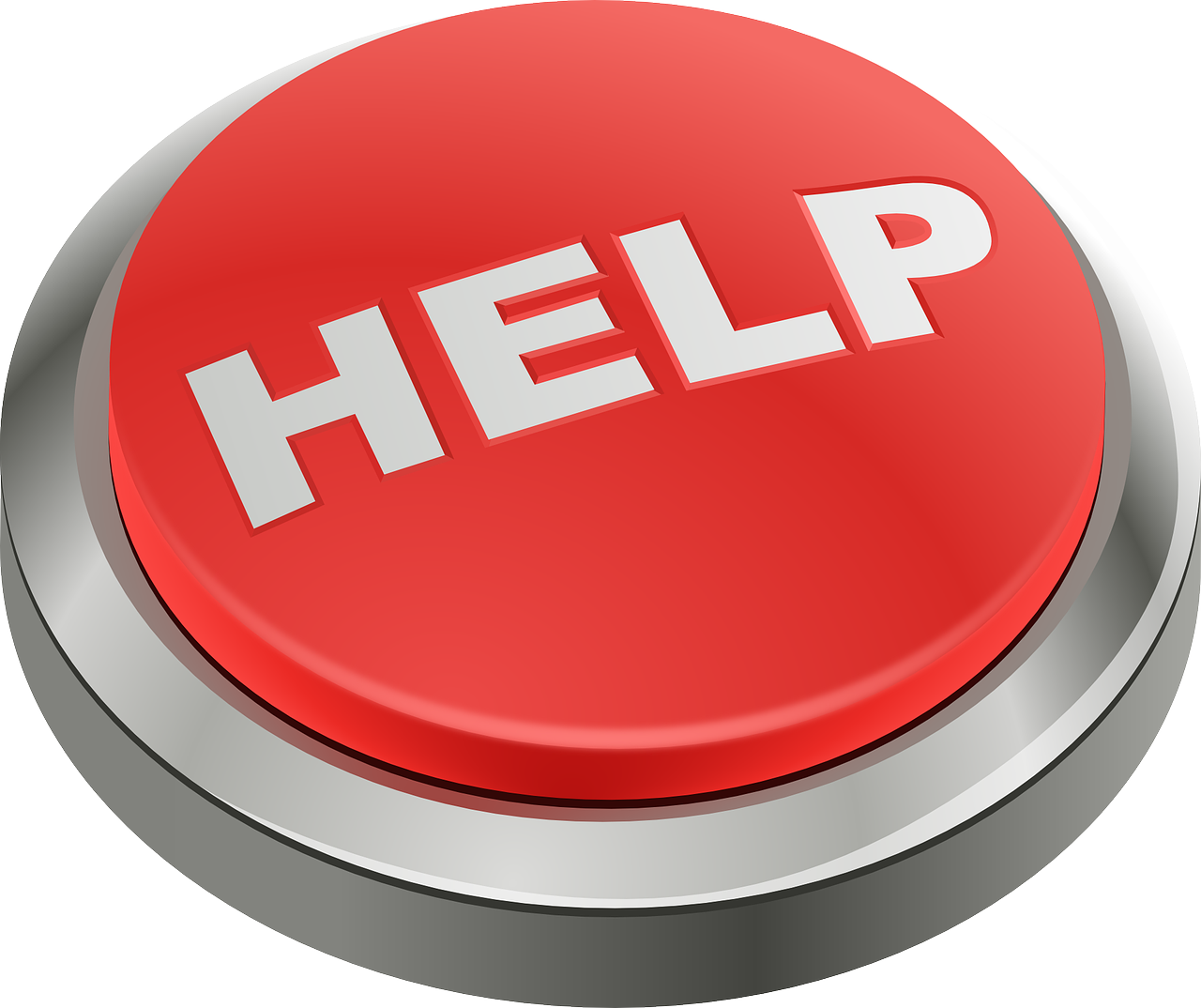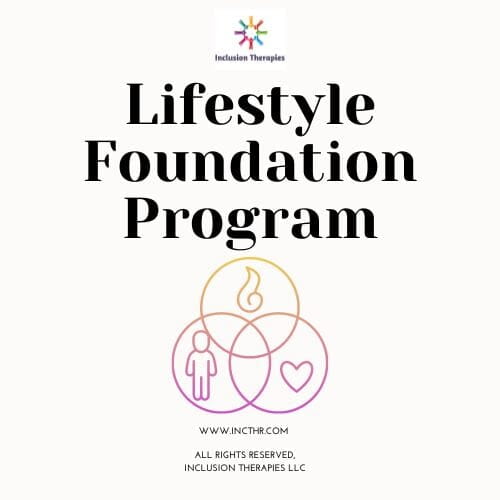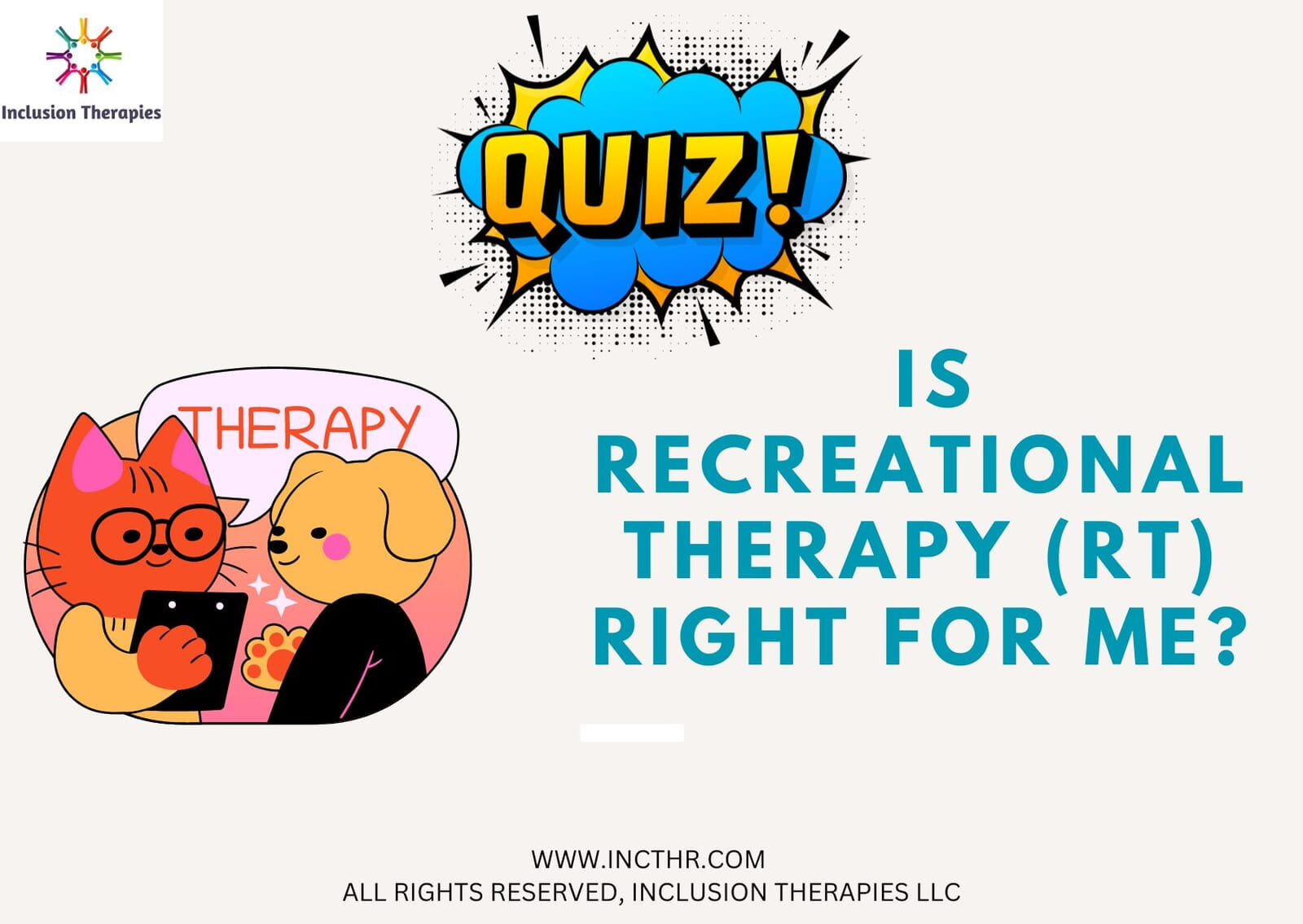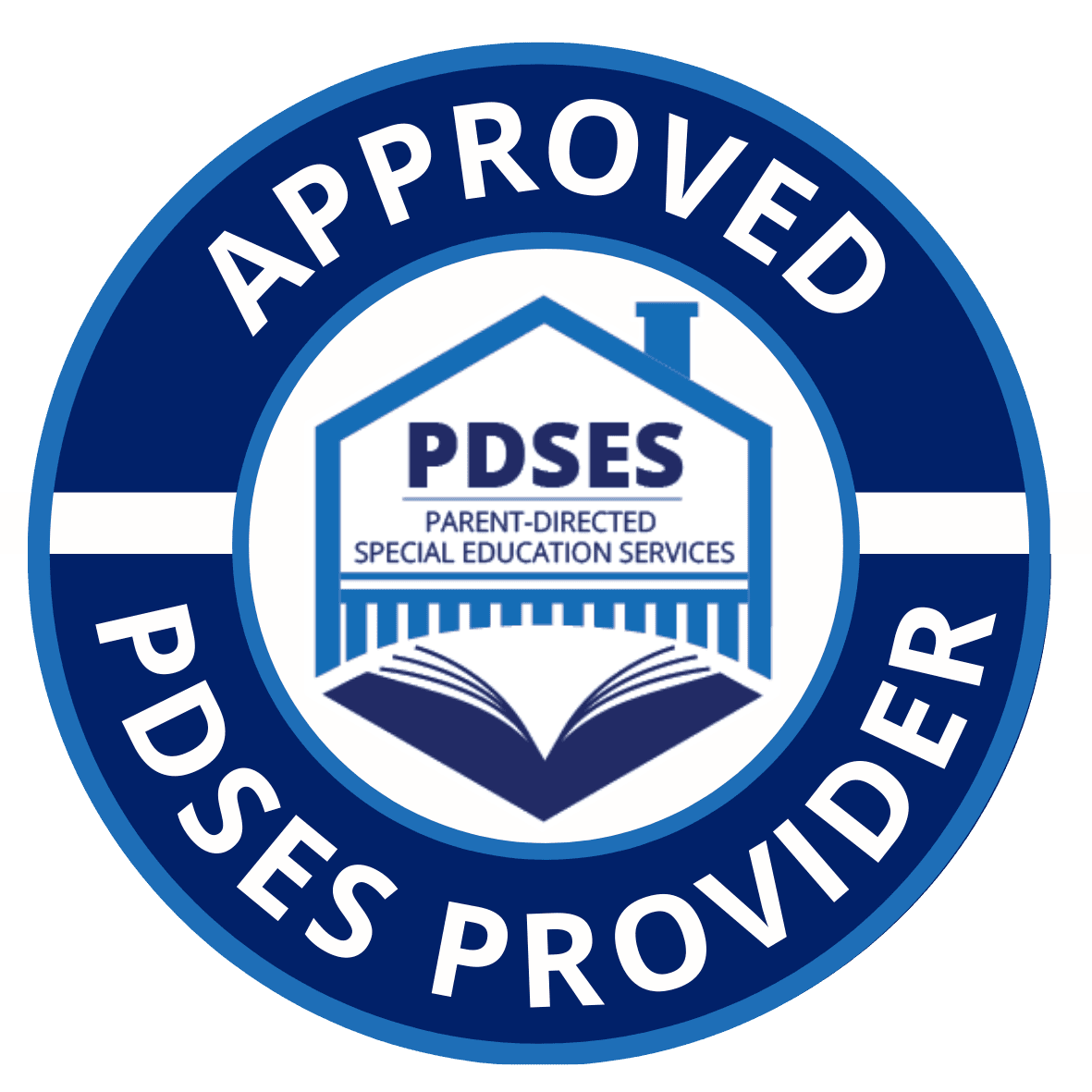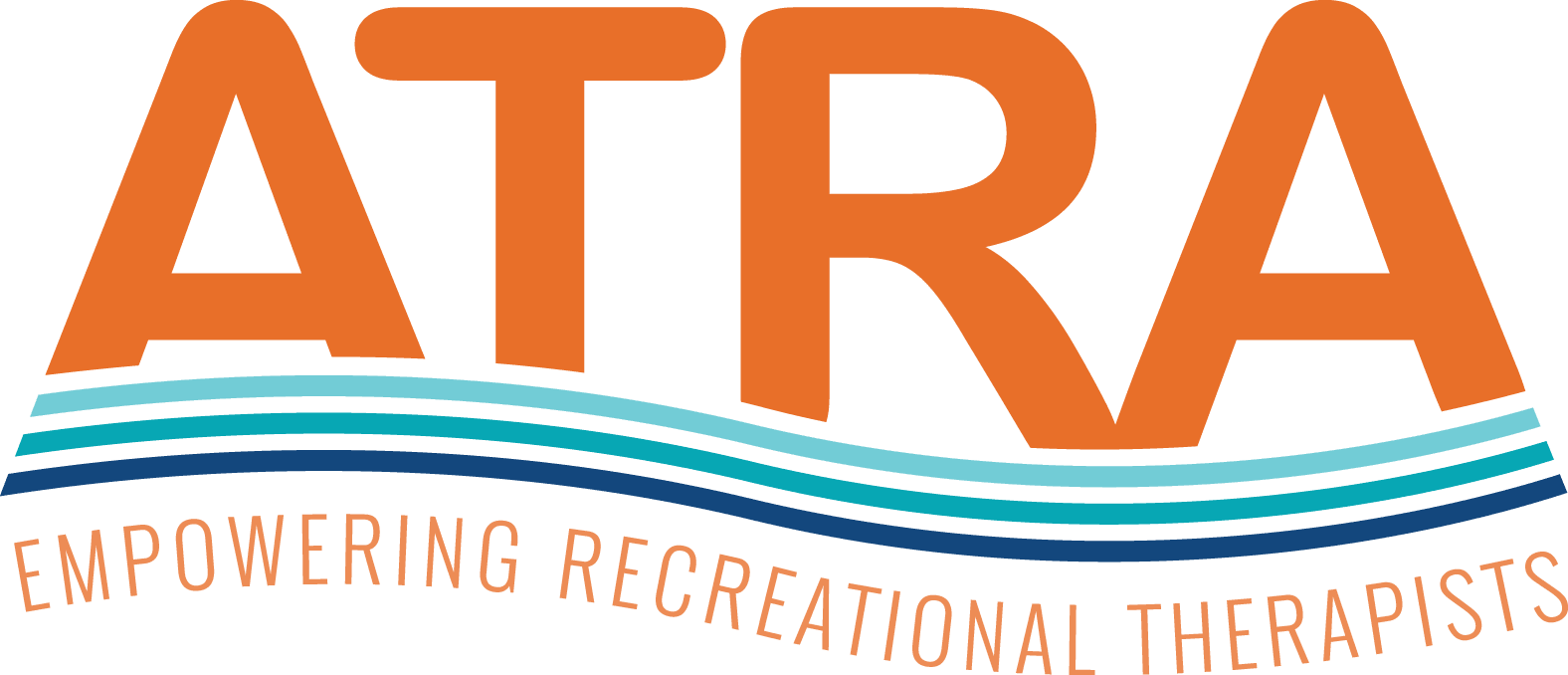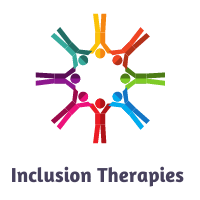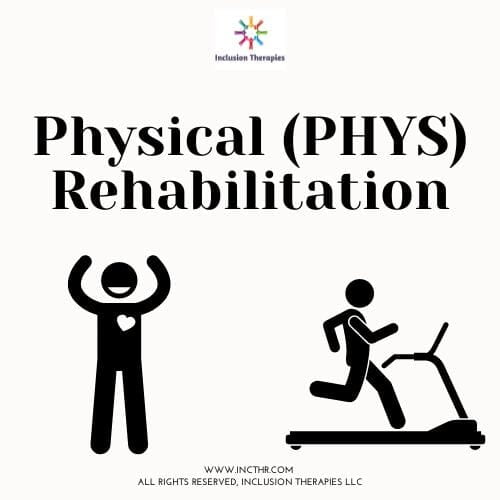
Recreational Therapy (RT) for
Physical (PHYS) Rehabilitation
To Start Recreational Therapy:
1. Sign up for membership (which includes automatic enrollment in the Lifestyle Foundation Program).
FAQ: Recreational Therapy (RT) for
Physical (PHYS) Rehabilitation
Physical medicine and rehabilitation is a medical specialty that helps people regain body functions they lost due to medical conditions or injury.
- National Institutes of Health, National Library of Medicine
Rehabilitation =
"[D]esigned to optimize functioning and reduce disability in individuals with health conditions in interaction with their environment[.]
[Helps a] person to be as independent as possible in everyday activities and enables participation in
education, work, recreation and meaningful life roles."
- World Health Organization
"Due to the highly personalized nature of rehabilitation, a physician or certified recreational therapist must always be consulted prior to partaking in a new activity or program. Never take up a new sport or activity as a means to self-rehabilitate. Physician oversight and a proper plan are a must. In fact, many activities can cause harm if not managed per your individual needs."
- Midwest Orthopedic Speciality Hospital
Educational Video about How Recreational Therapy Treats Physical Rehabilitation (from Brooks Rehabilitation in Florida, USA):
What makes RT unique is the use of recreational modalities as part of an individual’s intervention strategies.
This approach is individualized to each person by their interests and lifestyle.
By incorporating a person’s interests, their family and friends, and their community, recreational therapists make the therapy process more meaningful and relevant for the people they serve."
Educational Video from Craig Hospital in Denver, Colorado
(specializes exclusively in the Neurorehabilitation and research of patients with Spinal Cord Injury (SCI) and Brain Injury (BI)):
From Baylor Scott & White Institute for Rehabilitation, "Part of the rehabilitation process is being able to regain the function needed to do the things you love. Recreational therapy gives you the tools to improve you quality of life by building confidence in your abilities."
At Inclusion Therapies LLC, we are ready to partner with you towards improving your quality of life!
- Recreational therapy can help adult brain injury survivors get back into the community
- The Effect of a Recreational Therapy Program on the Pain Anxiety and Quality of Life of Patients With Burn Injuries: A Randomized Clinical Trial
- Piloting a Photography Program as Recreational Therapy for Adults With Spinal Cord Injury
- Recreational therapy can help adult brain injury survivors get back into the community
- The Effect of a Recreational Therapy Program on the Pain Anxiety and Quality of Life of Patients With Burn Injuries: A Randomized Clinical Trial
- Piloting a Photography Program as Recreational Therapy for Adults With Spinal Cord Injury
Recreational Therapy (RT) to Treat
Accidents
Recreational therapy "reduces pain anxiety and promotes the QOL [Quality Of Life] of patients with burn injuries[.]"
- Journal of Burn Care & Research, Volume 43, Issue 2, March/April 2022, Pages 381–388, https://doi.org/10.1093/jbcr/irab153
Educational Video,
Roberto, Paraplegic Patient Story
about Recreational Therapy for vehicle accident
(from University of Utah Health Care):
Recreational Therapy (RT) to Treat
Cardiovascular Disease
"Patients with cardiovascular disease often experience increased stress and changes in emotional functioning throughout the course of diagnosis and treatment. In fact, two out of every five cardiac patients experience symptoms of clinical depression."
Northwestern Medicine developed, "The S.M.A.R.T. Heart (Stress Management and Recreational Therapy for Heart Patients)[.]
S.M.A.R.T. Heart helps to:
- Reduce emotional consequences of surgery that can lead to poor recovery and prognosis
- Offer new techniques for coping and managing stress, minimizing the physiological effects of negative emotions
- Increase the presence of social support, humor, music and the arts—all of which can improve healing
- Improve quality of life and emotional functioning[.]"
- - Northwestern Medicine, Northwestern University
Educational Video,
Rehabilitation reimagined: How Recreational Therapy Gets You Moving Again,
(from Mary Free Bed Rehabilitation Hospital, based in Grand Rapids, Michigan, the largest non-profit rehabilitation system in the country):
Recreational Therapy (RT) to Treat
Post injury, illness or surgery
"The recreation therapist is an expert in helping people, in very concrete ways, get back to their life and those things they enjoy, to help them function and get around in the community in a way that’s more independent, which can also help with depression."
- BrainLine, a national service of WETA-TV, PBS station in Washington, D.C., featuring Chuck Bombardier, Ph.D.,
Professor, Dept. of Rehabilitation Medicine, University of Washington
Educational Video,
Joy and Wellness,
about Recreational Therapy Treatment Post-Surgery
(from Intermountain Healthcare Blood and Marrow Transplant Unit in Utah, USA):
Recreational Therapy (RT) to Treat
Spinal Cord Injury (SCI)
"Therapeutic recreation is an effective modality for use in physical and psychological recovery. Meaningful leisure activity (ie, activities that require the exertion of mental and/or physical energy) has been shown to be especially important, with the opportunity for individuals to proactively lead the process of engagement.1-2 For adults with spinal cord injury (SCI), participation in active leisure is associated with improved quality of life.3-5"
- The Journal of Humanities in Rehabilitation
"Therapeutic recreation's (TR) primary responsibility in working with patients with SCI is to expose them to appealing and realistic leisure options following injury. Assessment of preinjury lifestyle provides the foundation for moving forward and implementing a treatment plan that facilitates the patient's return to preinjury activities and/or the development of new interests to promote an independent, active lifestyle."
- Gassaway J, Dijkers M, Riders C, Edens K, Cahow C, Joyce J. The SCIRehab project: treatment time spent in SCI rehabilitation. Therapeutic recreation treatment time during inpatient rehabilitation. J Spinal Cord Med. 2011;34(2):176-85. doi: 10.1179/107902611X12971826988138. PMID: 21675356; PMCID: PMC3066511.
Educational Video,
Jon Plaszcz: Brushes of Life,
Recreational Therapy for a spinal cord injury in a moped accident
(from Craig Hospital in Englewood, Colorado, USA):
Recreational Therapy (RT) to Treat
Orthopedics
(Orthopedic Recreational Therapy)
"A positive association between recreational therapy and functionality outcomes was observed with a 5.48 higher average improvement in overall FIM® score in patients having received recreational therapy services."
- Assessing the Potential Benefits of Recreational Therapy on Functioning Outcomes, Samantha R. Lamkin, Grand Valley State University
"Individuals who have experienced a spinal cord injury often have difficulty with mobility, self-care, work-related skills, leisure activities and community reintegration.[...]University of Maryland Rehabilitation and Orthopaedic Institute’s Spinal Cord Injury Rehabilitation Program provides clinical evaluation, medical care and therapeutic activities tailored to each patient’s individual goals, needs and abilities. [...]Patients receive physical, occupational, speech/language and recreational therapy six days a week to help them reach their rehabilitation goals."
- University of Maryland Rehabilitation & Orthopedic Institute
Educational Video,
Froedtert Hospital makes rehabilitation fun,
Recreational Therapy for injured stuntman
(from TMJ4 News in Milwaukee, Wisconsin):
Recreational Therapy (RT) to Treat
Neurorehabilitation of
Traumatic Brain Injury (TBI)
"Recreational therapy provides an important service in meeting the needs of persons with brain injuries.
The outcomes achieved through satisfying recreation experiences include better jobs, reduced effects of disability, bolstered
self-confidence and self-esteem, improved self-determination, friendships, and social supports, and reduced reliance on the health care system."
- North Carolina Medical Journal 62(6):355-8
Educational Video,
Importance of Recreational Therapy,
(from BrainLine, a national service of WETA-TV, PBS station in Washington, D.C., featuring Chuck Bombardier, Ph.D.,
Professor, Dept. of Rehabilitation Medicine, University of Washington):
Recreational Therapy (RT) to Treat
Stroke
"What is recreational therapy?
This therapy uses a holistic approach that combines the physical, social, cognitive and emotional functioning of people with disabilities.
Having a little fun can have great benefits for people with disabilities after stroke.
Some patients see improved abilities physically, cognitively, socially and emotionally after recreational therapy
– which can include art, dance, games and many other activities."
Educational Video,
Recreational Therapy & Music Enhance Stroke Recovery,
(from Helen Hayes Hospital in New York, USA):
- Add minor children under 18 for an additional $49 per month per child (to share one membership together).
- Add adults over 18 for an additional $99 per month per adult (to share one membership together).
All New Members are Enrolled in our Lifestyle Foundation Program
The program is 2-6 months (based on client goals and plan) and is paid via monthly membership subscription.
Members may pause or cancel membership subscription at any time
(cancellation effective at the conclusion of their current prepaid month).
"Health care extends beyond pills and medical devices."
- Baker, D. L., & Dye, C. (2017). Prescribing Experience: Discussion of Recreational Therapy as Health Care. Journal of Disability & Religion, 21(3), 296–318. https://doi.org/10.1080/23312521.2017.1326875
